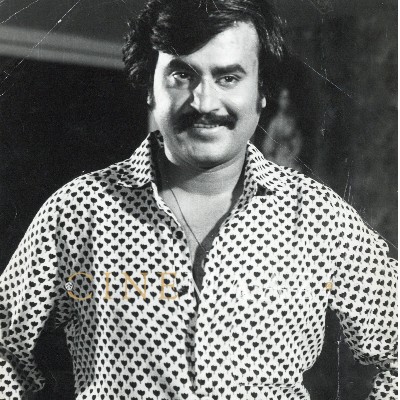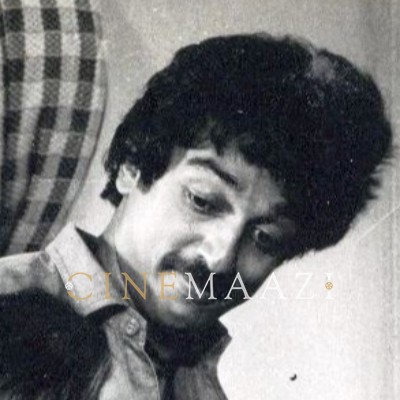This section is for paid subscribers only. Our subscription is only $3700/- for one full year.
You get unlimited access to all paid section and features on the website with this subscription.
Subscribe to read full article
This section is for paid subscribers only. Our subscription is only $37/- for one full year.
You get unlimited access to all paid section and features on the website with this subscription.
Not ready for a full subscription?
You can access this article for $2, and have it saved to your account for one year.
- Release Date1978
- GenreDrama
- FormatB-W
- LanguageTamil
- Run Time114 min
- Length3136.39 meters
- Number of Reels14
- Gauge35 mm
- Censor RatingA
- Censor Certificate Number3602
- Certificate Date28/10/1978
Made at a time of nascent awareness of feminist issues in India, this film was ahead of its time. The story is about Manju and her search for a meaningful relationship highlighting her strength and independence. Manju, an advertising executive, her boss, and Arun, whom she assists in making a film on the status of women, are the main characters. She warms up to the sensitive and understanding Arun, who is in sharp contrast to her chauvinist boss. She unburdens herself to Arun and tells him about her traumatic childhood and earlier affairs — how her first affair with a college mate had ended abruptly when he decided to marry another girl for the sake of a job, making her turn cynical and wary of people.
She hesitates to commit herself emotionally to Arun. Meanwhile, weary of waiting, he agrees to marry a girl his father has chosen. When Manju eventually makes her move, it is too late. In a poignant last scene, the car in which she has been traveling with Arun, his wife and her boss, drops her at the Marina beach in Chennai and leaves. Her lonely figure recedes, getting smaller and smaller as the car speeds away.
The story was conceived by Rudhraiya (original name, Arumugam), an alumnus of the Institue of Film Technology, Chennai and scripted by Vannanilavan, an avant-garde writer, and Someswar. It was a very visual film, impressively photographed with balanced dialogue and unobtrusive music. The lighting brought out Manju's loneliness and her conflicts effectively. Snatches of cinema verite are seen in the sequence showing Arun interviewing students and women workers for his documentary. No artificial sets were used in the film; this made the film's action more credible to the viewer. Part of the story was told in flashback, through images with Manju's offscreen voice and interspersed with shots of the actual events. Camera movements were fluid and in one sequence the camera lingers on a poster of Jonathan Livingstone Seagull which exhorts one to be independent.
The three main characters stand out and their portrayal is natural and convincing. Sri Priya plays Manju, with Rajnikanth as the boss and Kamal Haasan as Arun, the filmmaker. This film was placed in the second-best feature-film category at the state level.
[from the book The Eye of the Serpent by S Theodore Baskaran]

Cast
Crew
-
BannerRagamanjari
-
Director
-
Music Director
-
Lyricist
-
Story Writer
-
Screenplay
-
Cinematography









.jpg)



